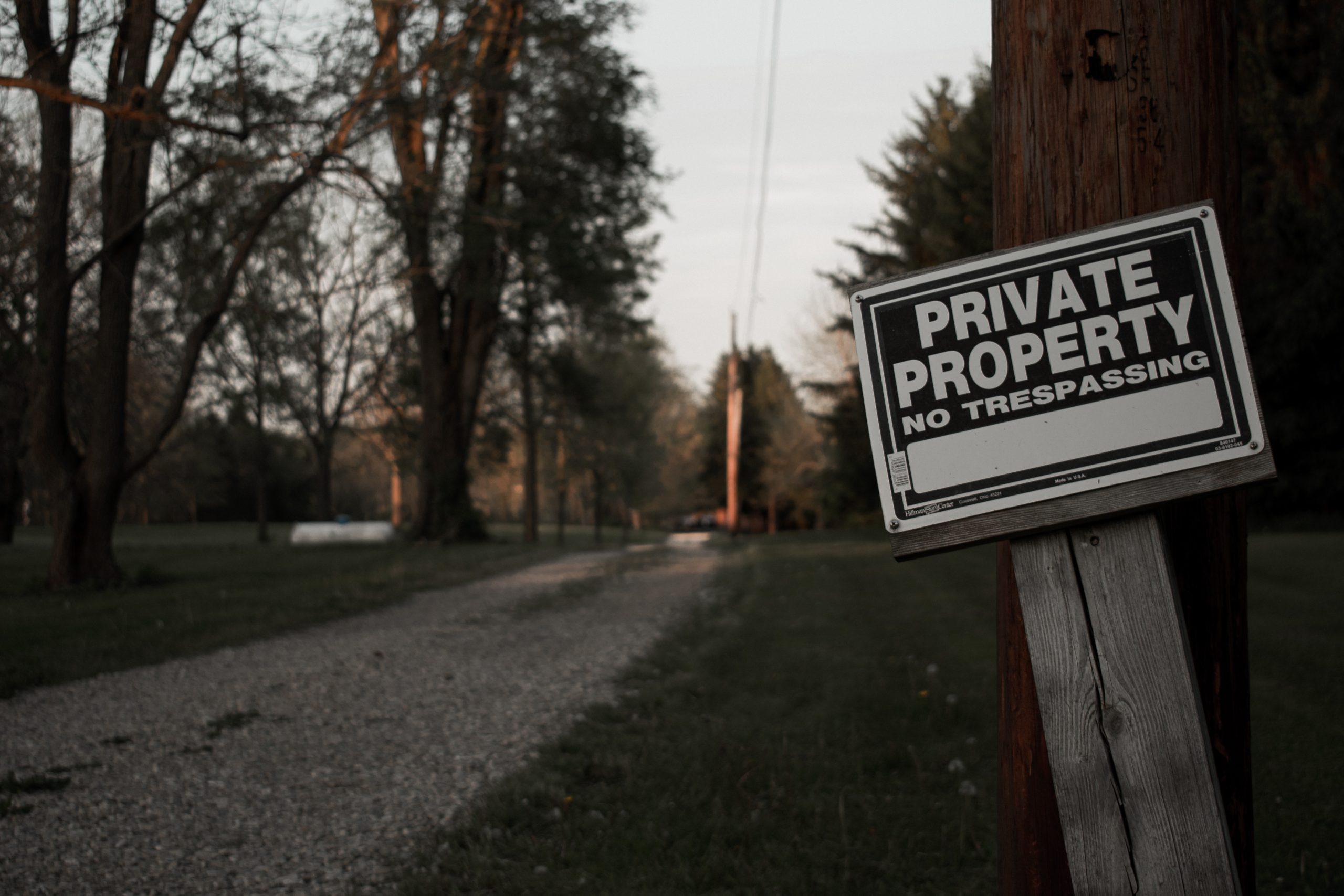
A landlord owns a rental unit to secure rent-paying tenants. Unfortunately, a property that sits empty too long could acquire a non-paying occupant. A squatter takes up residence on a property without the owner’s consent. But although the squatter’s presence is unlawful, you must handle him with caution since he does have certain rights.
By providing fundamental rights to squatters, states protect residents who need affordable housing and use abandoned dwellings. When a landlord must evict a squatter, the law prevents forcible removal since forcible acts may end poorly.
What rights do squatters have?
Squatter’s rights are different from tenant’s rights. Typically, you cannot remove a squatter from a property without prior notice. In many states, a squatter doesn’t have to leave until he receives an official eviction notice—like a tenant who has failed to pay rent. If a squatter stays on the property for five to ten years (depending on the state), he may eventually gain legal ownership through adverse possession.
How should a landlord handle an unlawful occupant?
If you discover an intruder on your property, it’s essential to act quickly—but within the bounds of the law. Typically, only law enforcement can remove a squatter from the premises. But a squatter who has occupied the property for some time—especially if he’s added furniture or paid for improvements—may have legal grounds for living there. In those cases, the landlord must file an eviction notice. Check local laws to see how many days you must give the squatters to leave. And keep a paper trail in case you need court documentation. If they fail to leave following the eviction notice, you may need to file an unlawful detainer lawsuit. Exercise care in removing any property left behind since local laws may specify how to handle it.
What preventive measures will deter squatters?
The best way to handle potential squatters is to prevent them from entering the unit in the first place. Keep a close eye on your property or have someone you trust check on the property regularly if you don’t live nearby. All doors, windows, and other entry points should be locked and in good repair. Security measures such as motion-activated lights, alarms, or cameras can discourage intruders. Carefully screen interested tenants to avoid situations where renters unlawfully remain in a unit past their lease term.
In the rare cases where you can’t avoid squatters, remember never to deal with them directly. Involving law enforcement and courts will avoid potentially dangerous conflicts and provide the best protection for you and your rental unit.
About Rentals America
Rentals America provides full-service property management for residential rental properties. Our team is wholly dedicated to property management, and we’re here to help landlords navigate the rental market.










